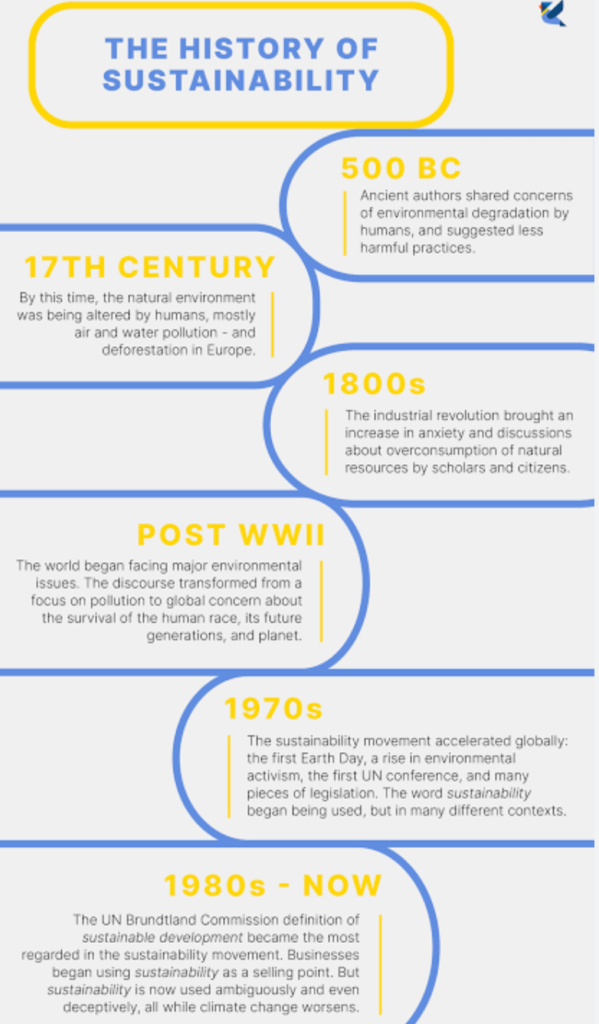-Mehak Sharma
In recent years, the world has experienced a major shift towards sustainable energy sources, leading to transformational changes in the global energy landscape. It shows change.
This change is being driven by increased environmental awareness, the push for energy independence, and the economic benefits of renewable energy.
One of the main reasons for this change is the growing concern about climate change and its impact on the planet. Governments, businesses and individuals alike recognize the urgent need to reduce carbon emissions and mitigate the effects of global warming. As a result, there has been a concerted effort to transition away from fossil fuels, which have long been the primary energy source.
Renewable energies such as solar, wind, hydro and geothermal energy are emerging as viable and sustainable energy alternatives. Technological advances have greatly increased the efficiency and affordability of these resources, making them attractive to investors and governments alike. In particular, the declining cost of solar panels and wind turbines is playing a key role in the deployment of clean energy solutions.
Furthermore, the pursuit of energy independence has become a strategic priority for many countries. Fluctuations in the price of fossil fuels and geopolitical uncertainties surrounding their extraction and transportation are causing countries to look for alternatives. Investing in domestic renewable energy sources not only increases energy security but also fosters economic growth and job creation in the clean energy sector.
Switching to sustainable energy not only reduces environmental impact and achieves energy independence, but also brings significant economic benefits. The renewable energy sector is a major driver of job creation, providing employment opportunities in the areas of manufacturing, installation, maintenance, and research and development.
Governments around the world are recognizing the economic potential of clean energy and are offering incentives and subsidies to encourage further investment. Furthermore, the transition to sustainable energy is not limited to individual countries.
International cooperation and agreements such as the Paris Agreement highlight the global commitment to combating climate change through collective efforts. Countries are sharing technology, best practices and financial resources to accelerate the adoption of renewable energy globally.
Momentum towards sustainable energy is growing, but challenges remain.
Intermittent use of renewable energy sources such as solar and wind poses challenges to consistent energy production, but to overcome these hurdles and ensure a reliable and stable energy supply, Advances in energy storage technology and smart grid systems are essential.
In conclusion, the rise of sustainable energy represents a monumental shift in the global energy landscape. Environmental concerns, the pursuit of energy independence and economic profit have made renewable energy sources an essential part of the planet’s future.
As technology continues to advance and international cooperation increases, the momentum toward a cleaner, more sustainable energy future will continue and bring positive change for generations to come.







